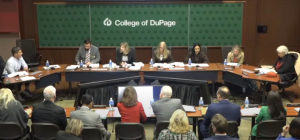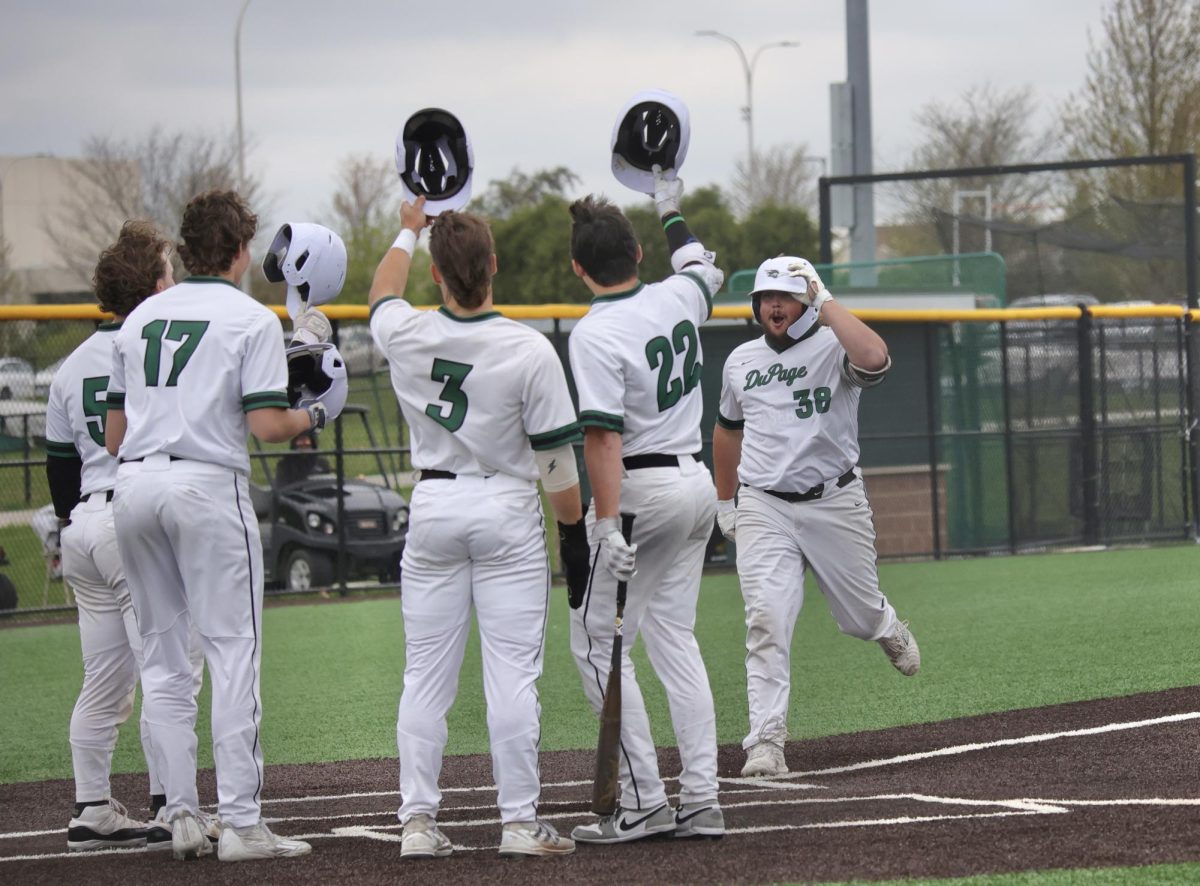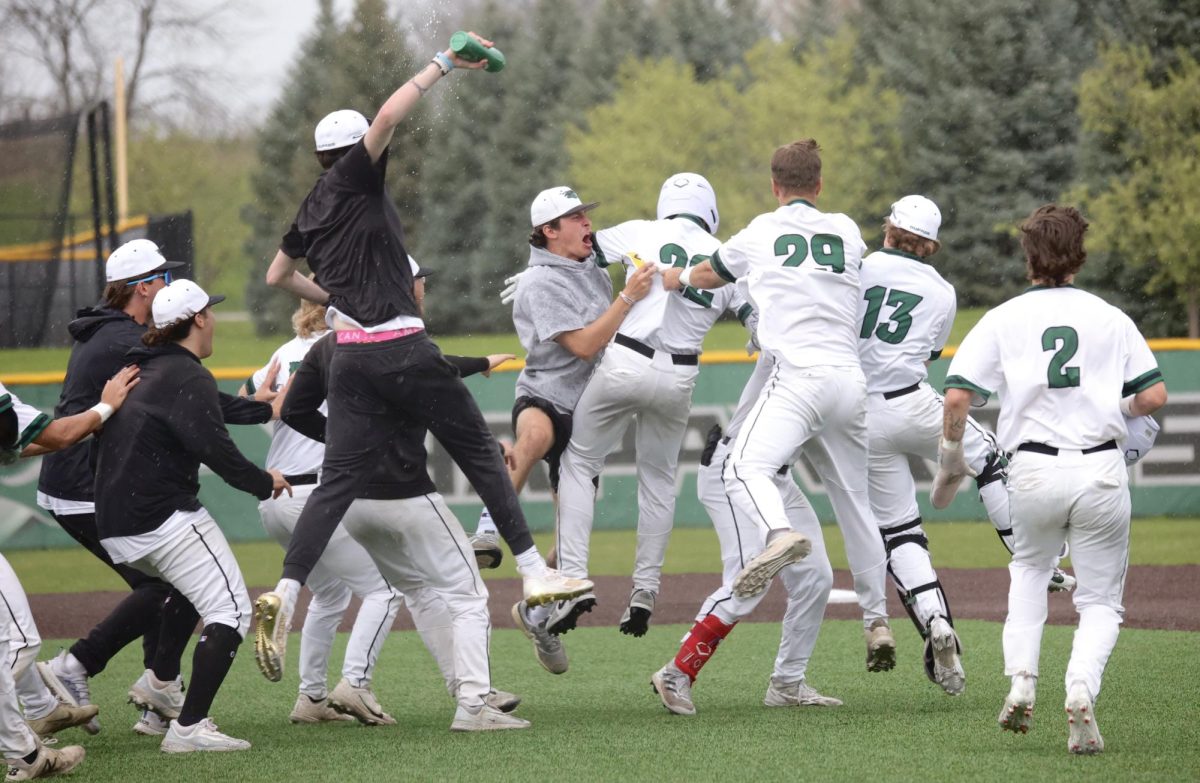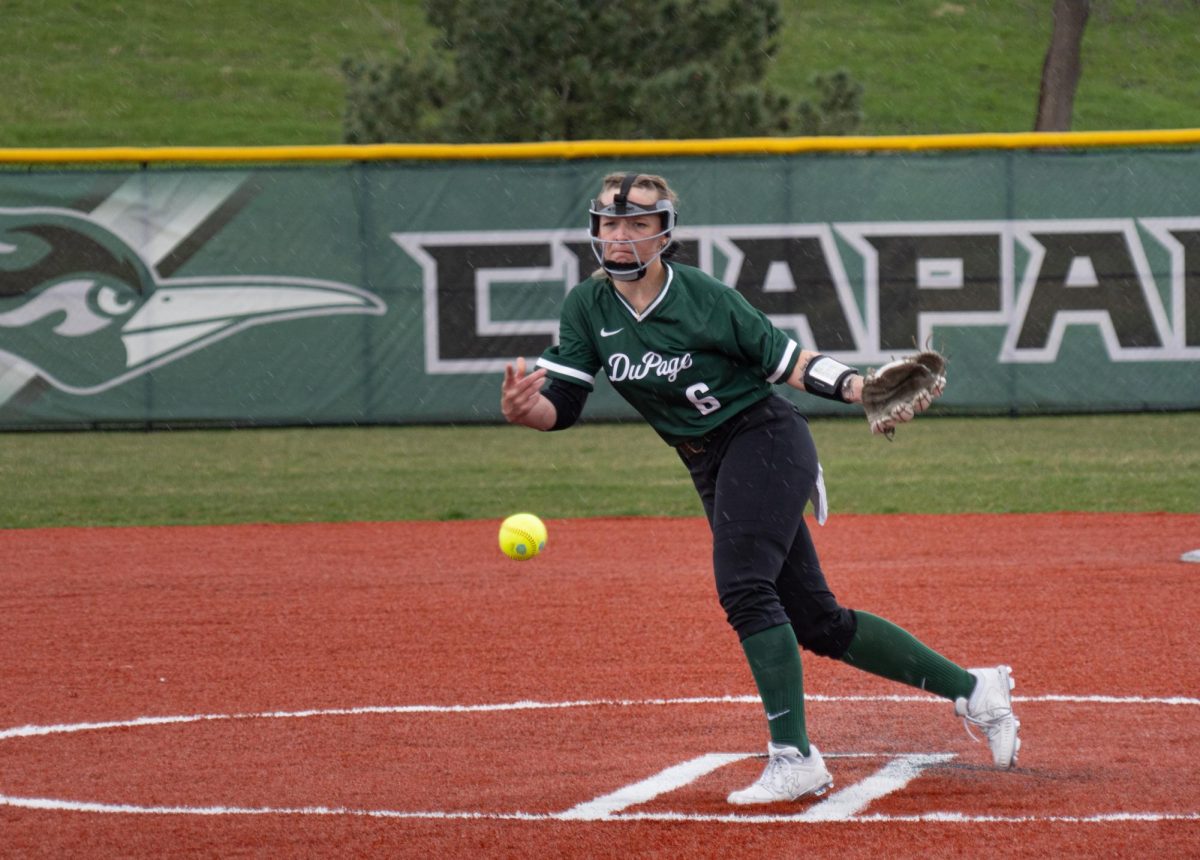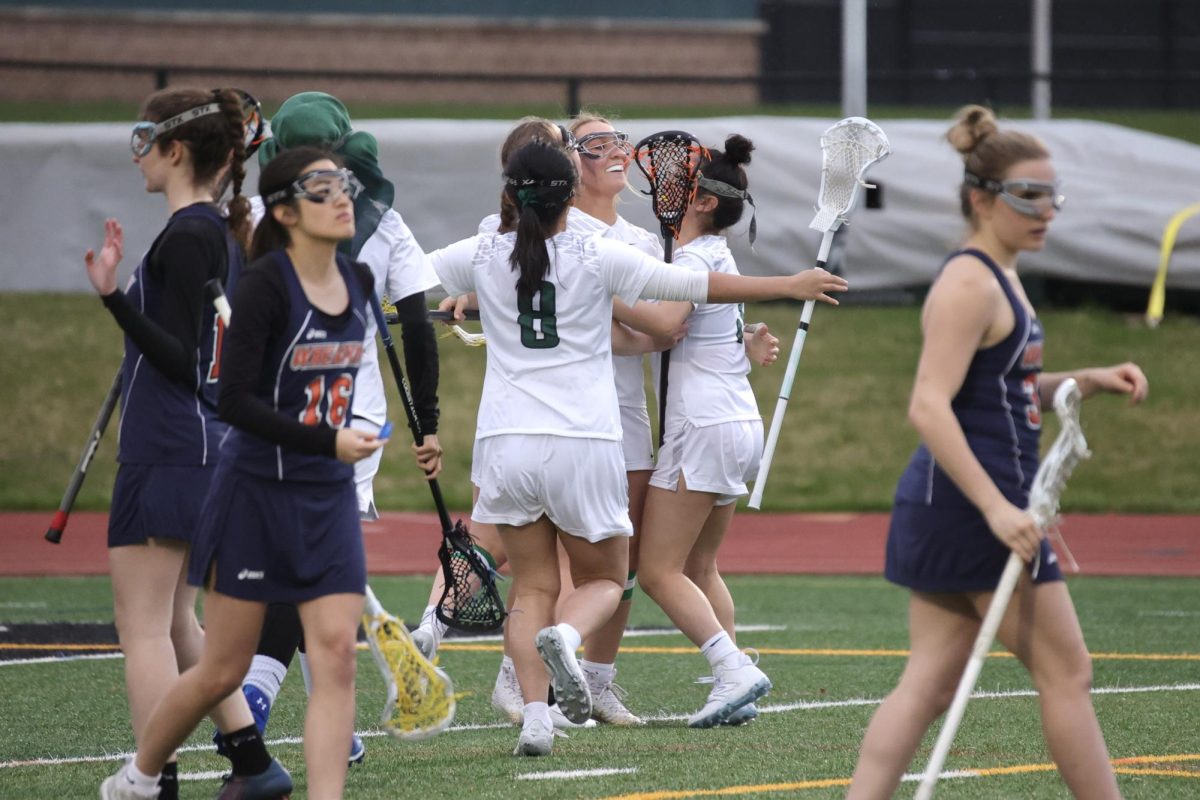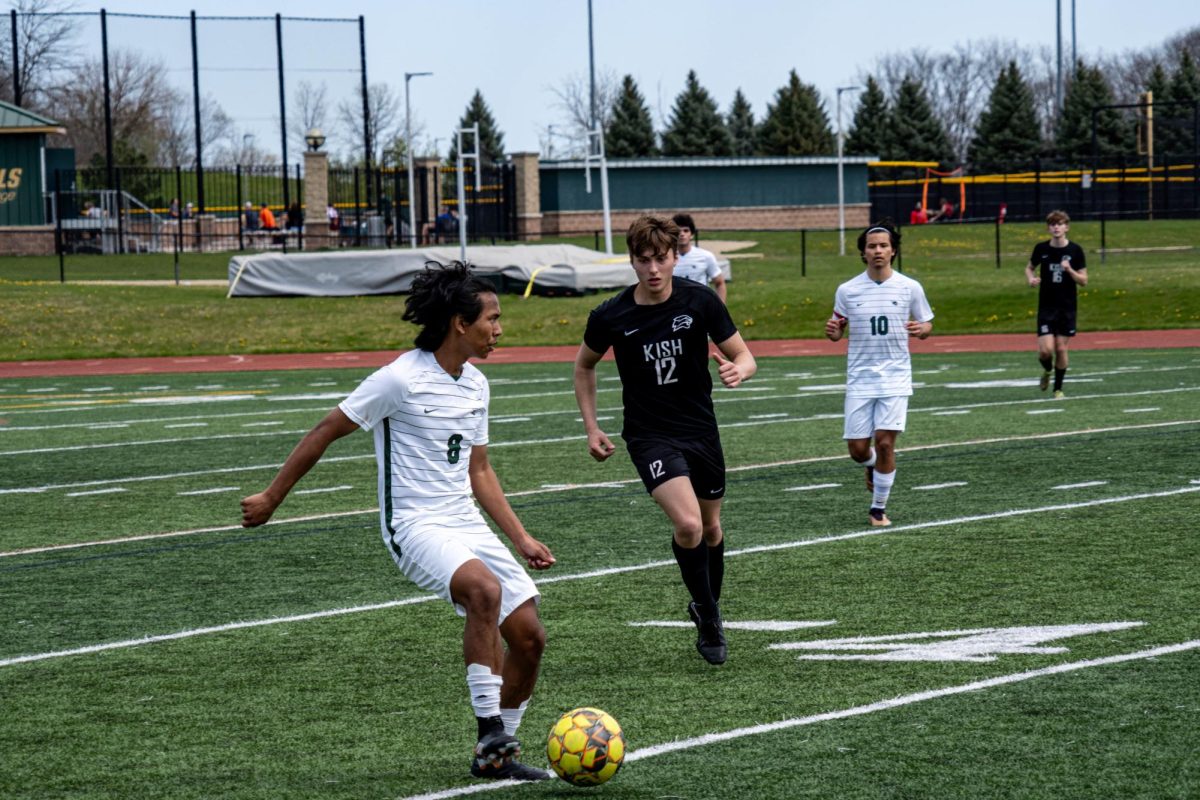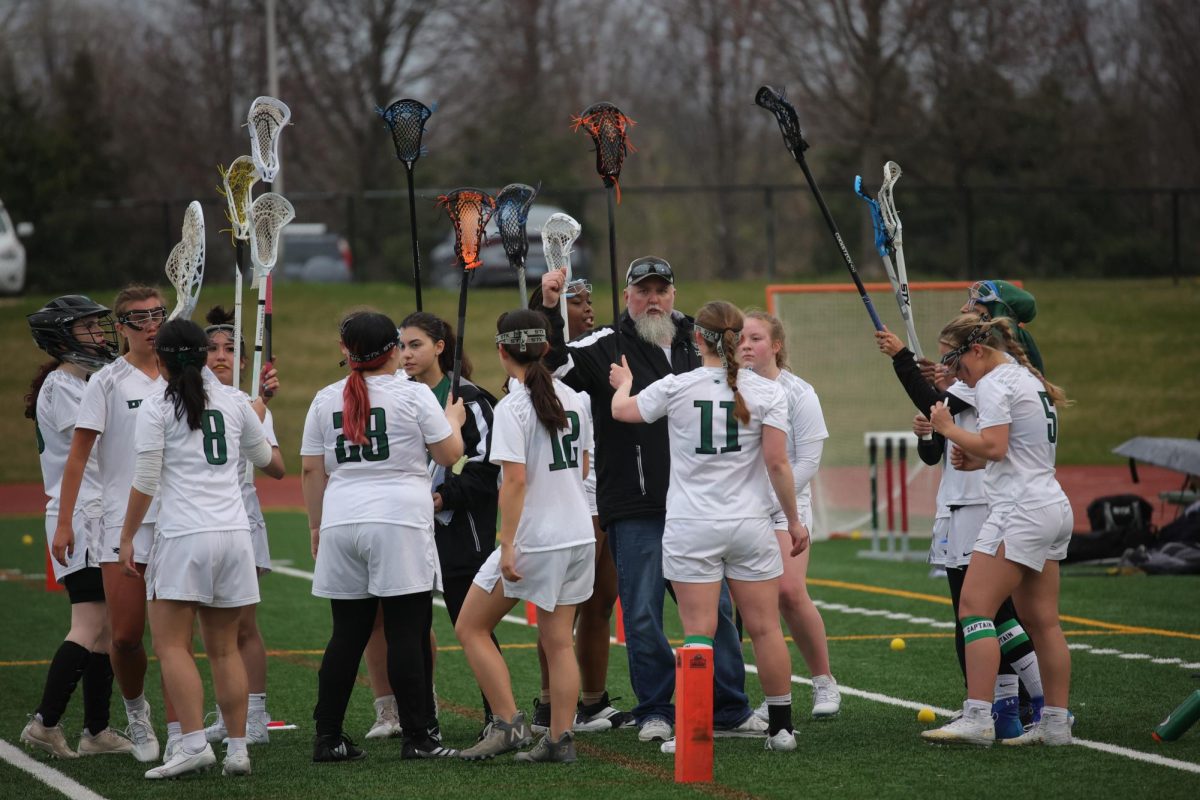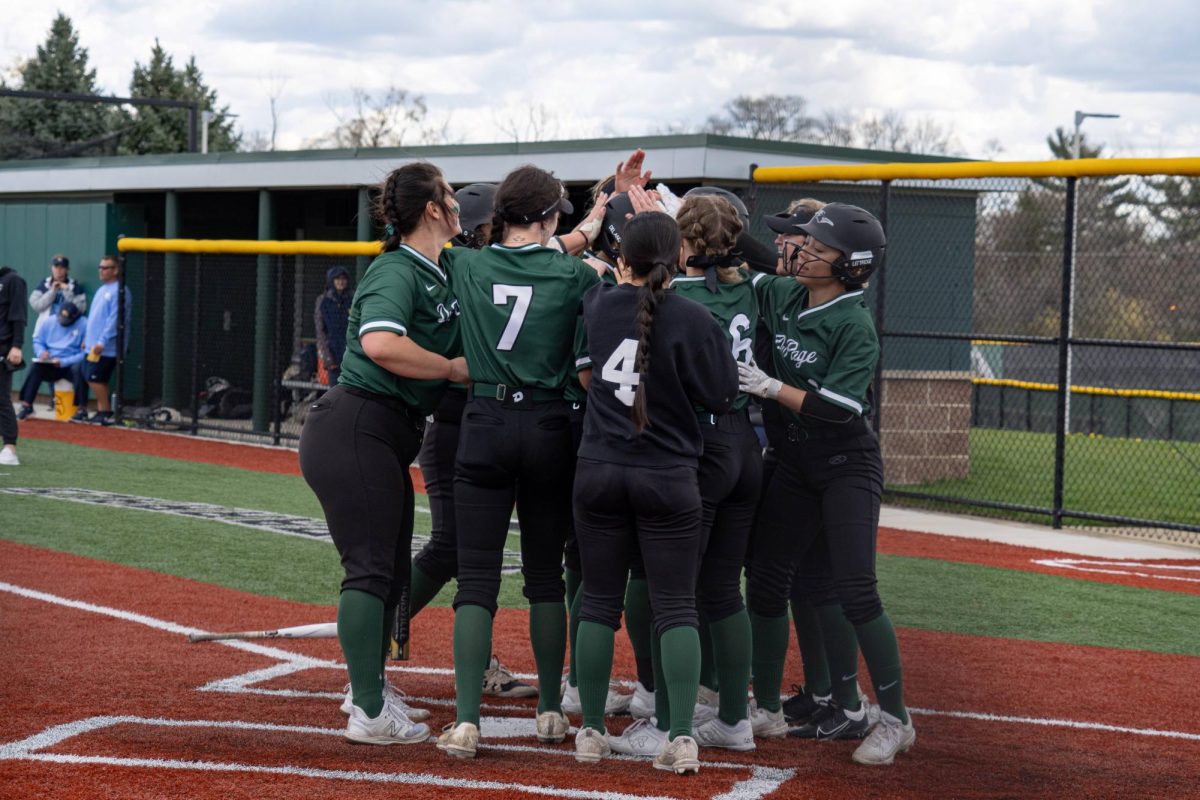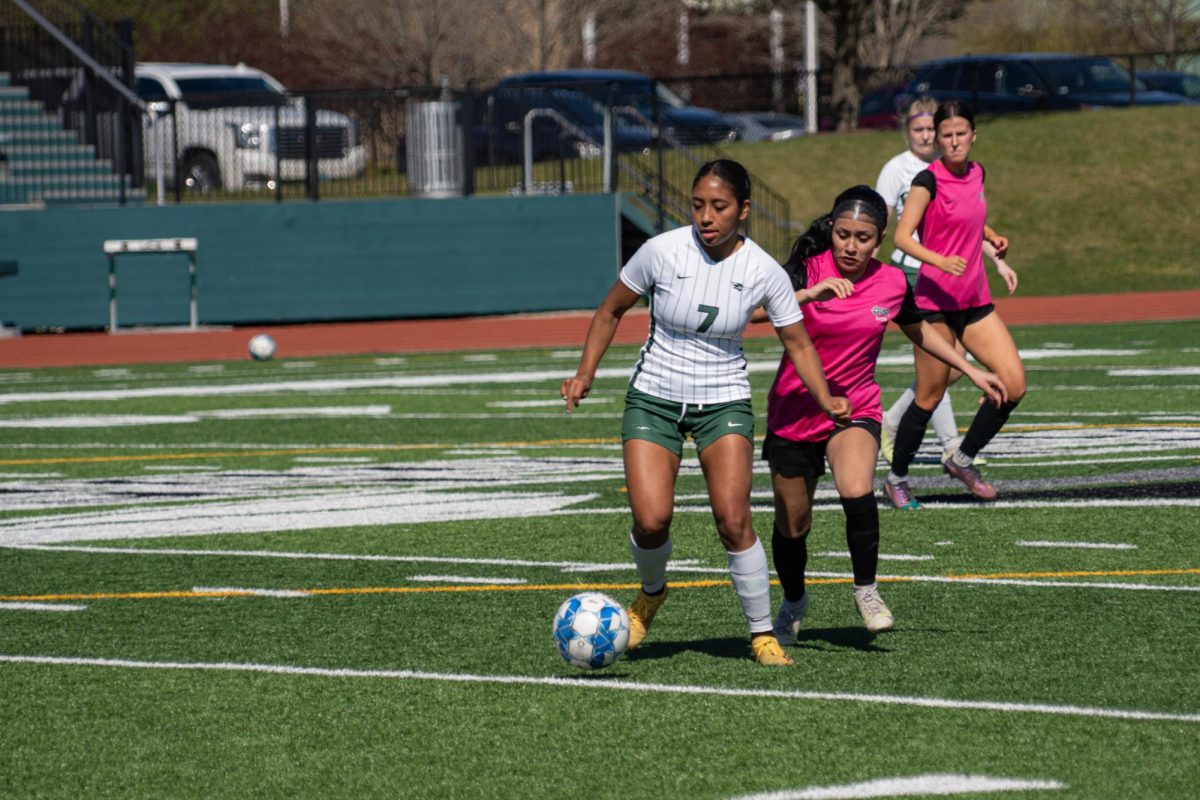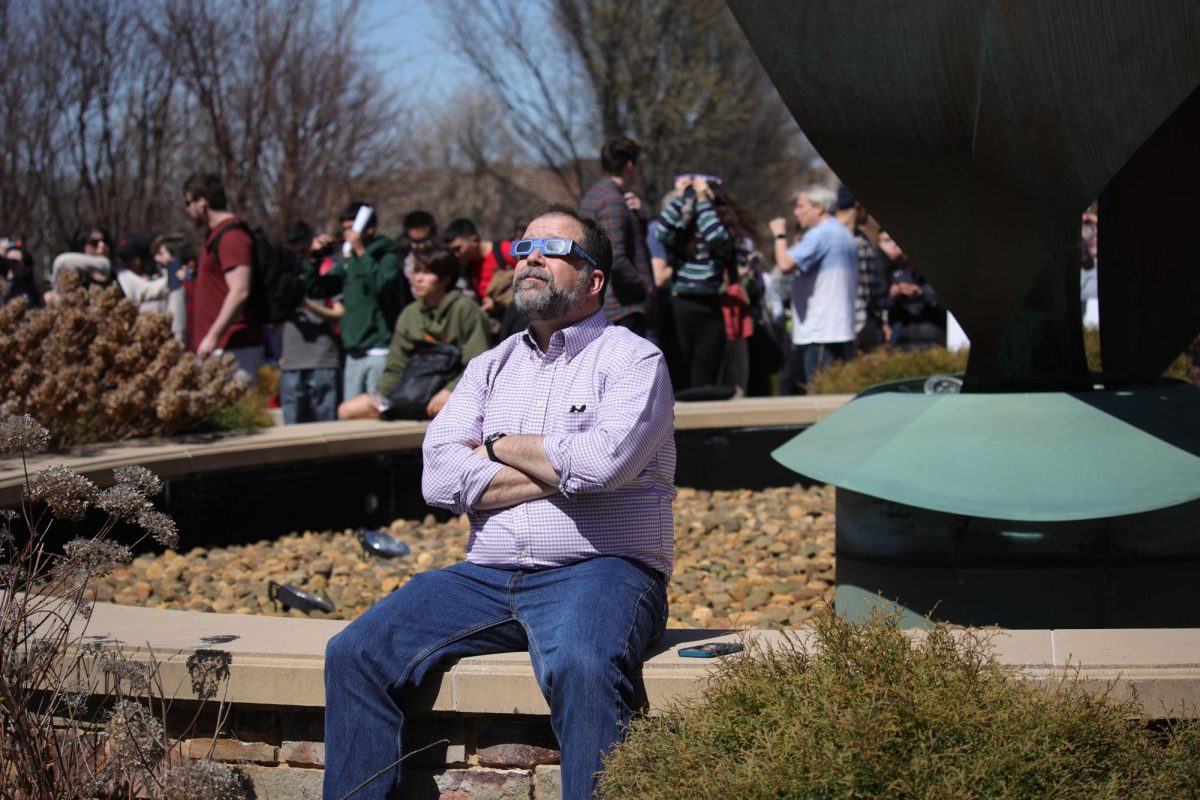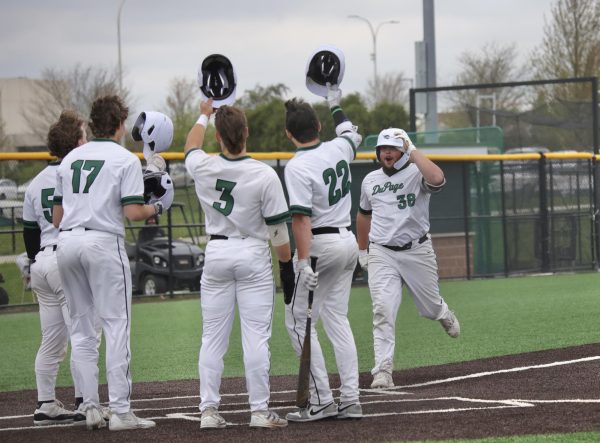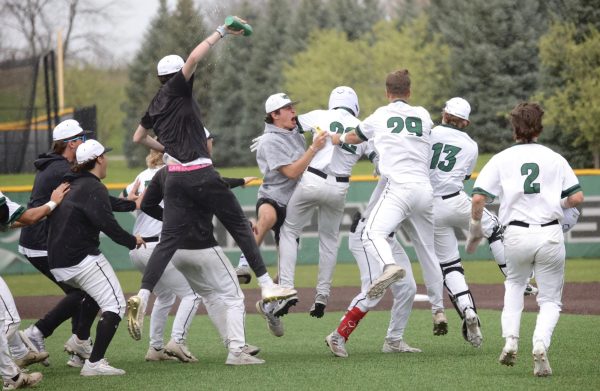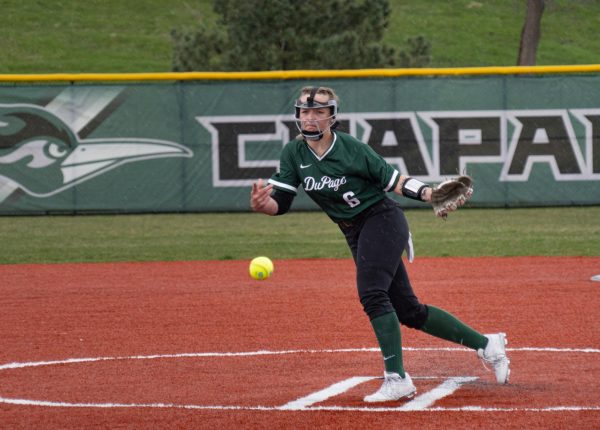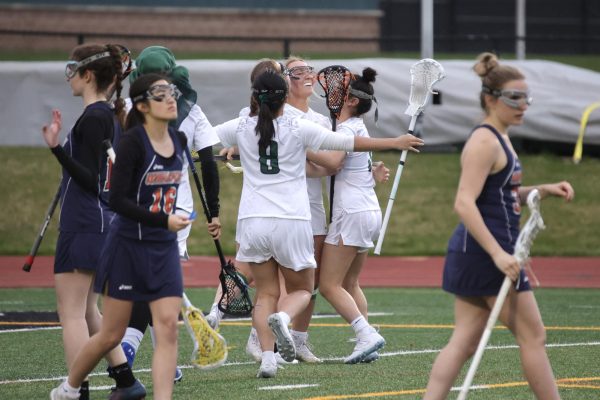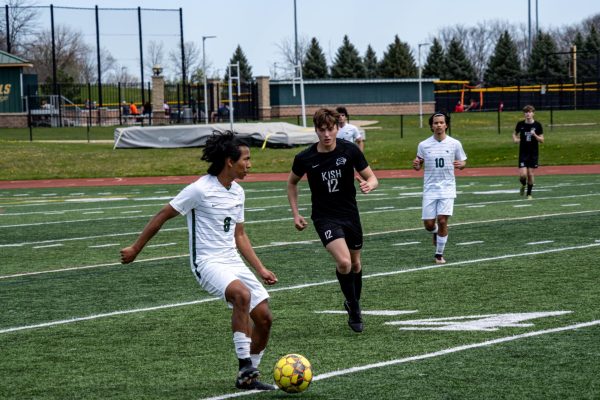Failing Vision
The disconnect between educator and student has never been greater
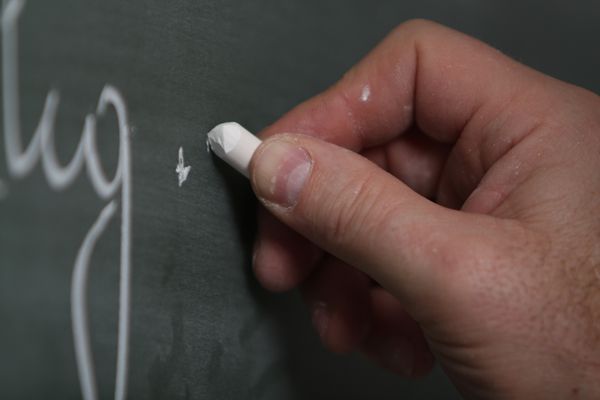
May 10, 2017
No matter where you go to school, whether it’s a four-year university or your local public high school, there will always be teachers who have a glass-shattering disconnect with their students. At the College of DuPage alone, if this newspaper staff combines the salaries of all the bad teachers we have accidentally enrolled with while attending this school, we could easily donate over a million dollars to breast cancer research and save more lives than each teacher bores to death in the classroom.
This disconnect plants a seed of hatred into whatever subject the bad educator may have waddled themselves into, and digs its roots into our minds as we become increasingly disdained with the class. No one wants to point out the bad professor to anyone higher up than our fellow student colleagues who also found themselves on the dark side of the moon due to an innate fear that it would cause turmoil with their grade.
This fear becomes anger and mental anguish whenever we leave the classroom, as well dead brain cells from the extreme amount of boredom while stagnant in class. If the subject doesn’t pertain to our hobbies or respective majors, most of the time we tend to push the experience and all we “learned” to the back of our minds and hope it doesn’t surface.
While we could go on about all the bad teachers we’ve experienced, it doesn’t solve anything. Complaining about this has become synonymous with yelling at a brick wall. No one cares about what you’ve experienced, because we’ve all seen how powerless we all are towards fixing the issue. We all know that it won’t cure the disease spreading across the U.S. education system.
Here at the paper, we tend to recommend teachers to each other. Whether it’s finding a STEM professor who doesn’t have a thicker accent than the density of the Brazilian Rain Forest or having a literature teacher who projects passion into the air, we watch out for each other as best to our ability.
Professor Thomas Tipton has been one of the top recommendations around the office, and has had almost half of our current staff in any one of his classrooms. His approach to education, with his ability to kindle his deep passion for literature into digestible lessons that resonate with how we absorb information, is what has gravitated ourselves into his classroom.
After being asked by our Editor-In-Chief Lucas Koprowski to have a chat about his ideas on the disconnect with students, he thought about how disconnected he feels from his pupils now that he’s in the second half of his career.
“I’m the poster child of disconnect,” Tipton said. “I don’t watch TV. I don’t watch movies unless my kids drag me to a movie. I know nothing about professional sports. My engagement with the internet is almost exclusively to read news or to find stuff for class. I am so completely out of the loop in terms of pop culture. I’m very aware of how disconnected I am, and I want to make sure to have some way to connect with students.”
His approach to teaching is a personal journey. He connects his lessons with stories of his life, from his wife’s battle with breast cancer to his cat Lunchbox massacring a chipmunk in his backyard. His respect towards students and his willingness to become vulnerable is at the core of his ethos. He doesn’t back down from hard stories in his life, yet understands where to draw the line towards giving too much information.
“I don’t want to be professor TMI,” said Tipton. “My daughters will come home from high school and tell stories about how their teacher was divulging personal detail that were maybe a little too much. At the same time, I recall a conversation with my good friend and suitemate Tom Faye. This was when my wife was going through her battle with breast cancer, and I was struggling with what to share with my classes. Tom said to me at that point that students appreciate it when you make yourself vulnerable.”
“I couldn’t ignore that struggle my wife was going through because that was all of my time outside of class,” Tipton continued. “I was busy in terms of caretaking, and making appointments; that sort of thing. I was grateful for the way the students responded when I explained to them why I was going to have a difficult term. I want to say that they really stepped up their game as students. By my sharing my vulnerability, you think it would be the opposite, but they really wanted to do their best work in response to my sharing of my vulnerabilities.”
Tipton knows enough about literature to fill an entire collection of Encyclopedia Britannica, but his inner commitment to making himself as open to his students as appropriately and respectfully as possible drives his pupils to actually want to learn. For teachers to open themselves up and become as vulnerable as Tipton is equivalent to taking the first step towards reconnecting the disjointed American classroom. This simple yet powerful leap will help educators across subjects, classrooms, colleges and this nation’s entire education system to become a more fluid community.
With the understanding that his career has entered its closing half, Tipton’s passion for his students leaves him with a calming sense of clarity and focus. He knows what he leaves behind are the memories from within his classroom, and with that knowledge he sets his sight to be human above all else.
This is the most important aspect to teaching. It’s not about forcing us to read a book, or teaching the class in coordination with the department’s standardized final. It’s about sowing seeds of passion into your students.
“When it comes down to it, my legacy is going to be my children and my students,” said Tipton. “That’s what I’m going to leave behind, so I want to make sure I do those right.”






